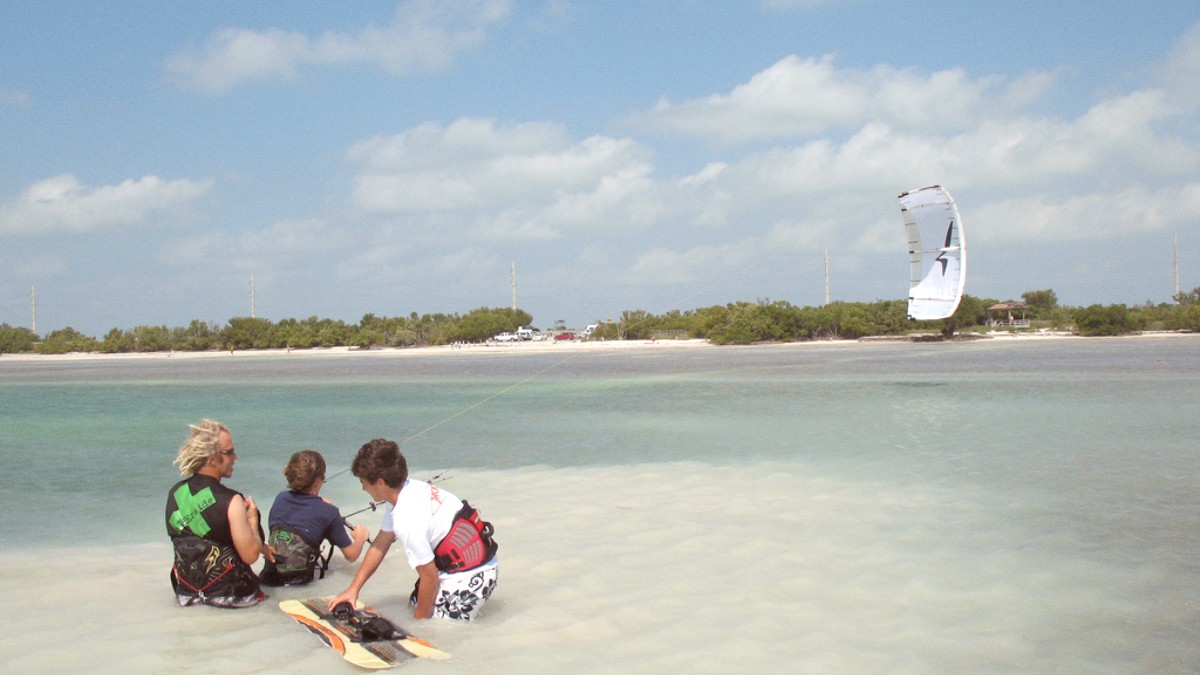
Florida, USA
Major U.S. Cellular carriers offer prepaid SIM card options. An unlocked phone is necessary. Coverage is generally good, but some remote spots may have weaker signals. Wi-Fi is widely available in hotels, restaurants, and public spaces.
English is spoken universally. Spanish is also widely spoken, specifically by service staff. No significant language barrier exists for English speakers. U.S. Post Office branches are available in major towns for mail services.
Retail shops generally operate 9 AM/10 AM to 5 PM/6 PM, extending later in busy tourist spots. Restaurants have typical breakfast, lunch, and dinner hours. Attractions usually open 9 AM/10 AM and close 4 PM/5 PM. Always check specific venues.
Banks generally operate Monday through Friday, 9 AM to 5 PM, with some Saturday hours. ATMs are widely available. U.S. Federal holidays may affect business hours, causing some closures or reduced schedules.
For flight delays or cancellations, consider Compensair to pursue compensation.
The Florida Keys adhere to the Americans with Disabilities Act (ADA), striving for accessibility for people with disabilities.
Most public buildings, modern hotels, and chain restaurants meet ADA standards, including ramps, elevators, and accessible restrooms. Older buildings in West Old Town may present challenges.
West Transit buses are wheelchair accessible. Ride-sharing services may offer accessible vehicle options. Ferry services to Dry Tortugas usually accommodate wheelchairs with prior notification.
Service animals are permitted in most public places. Some attractions or tours may offer audio guides or written transcripts. Specific infrastructure may be less prominent, but efforts are present.
Many major attractions, like the ground floor of the Hemingway House, Mallory Square, and state parks, present some level of accessibility. Calling ahead to confirm specific needs and ask about accessible routes or services is recommended.
Contact local tourism boards or the Monroe County Disability Services for specific inquiries. Online travel forums focusing on accessible travel can also present useful peer advice for planning your trip.
For specific accessibility needs, always contact accommodations and attractions directly before your visit. This confirms they meet your requirements and supports effective movement planning.
The Florida Keys present a distinct, laid-back culture. Some general etiquette aids smooth interaction with locals.
A simple "hello" or "hi" is common and sufficient. Handshakes are typical for formal introductions. Locals are generally friendly and open, embracing a relaxed atmosphere.
Casual clothing is the norm throughout the Keys. Swimwear belongs on beaches and by pools; use a cover-up when walking through public areas or entering establishments. Resort-casual attire is suitable for more upscale dining.
Tipping is standard and expected for service in the U.S. When in restaurants, wait for staff to seat you. Standard tips range from 15-20% for good service.
It is generally acceptable to take photos in public places. However, be respectful of people's privacy. Always ask permission before photographing individuals, especially children, or if entering private property. Look for signs about photography restrictions.
For a seamless travel experience, review the latest guidance on local customs and services before your visit, especially during peak seasons or major events.
Financial considerations for your Florida Keys journey.
The official currency is the U.S. Dollar ($USD). Credit cards (Visa, Mastercard, American Express, Discover) are widely accepted at most businesses. Cash is useful for smaller purchases, tips, and local markets.
ATMs are conveniently located at banks, convenience stores, and many businesses throughout the Keys, offering easy access to cash. Banks operate standard weekday hours, with some weekend availability.
Accommodation costs vary significantly by season and location. Dining ranges from casual seafood shacks to fine dining. Activities can be free (beaches, sunsets) or carry a fee (tours, attractions). Plan your budget accordingly.
Florida has a 6% sales tax applied to most goods and services. Local taxes, like resort fees or tourism taxes, may apply to accommodations. Always check your booking details for additional charges.
For language learning, consider resources like Rosetta Stone, though not strictly necessary for English speakers in the Keys.